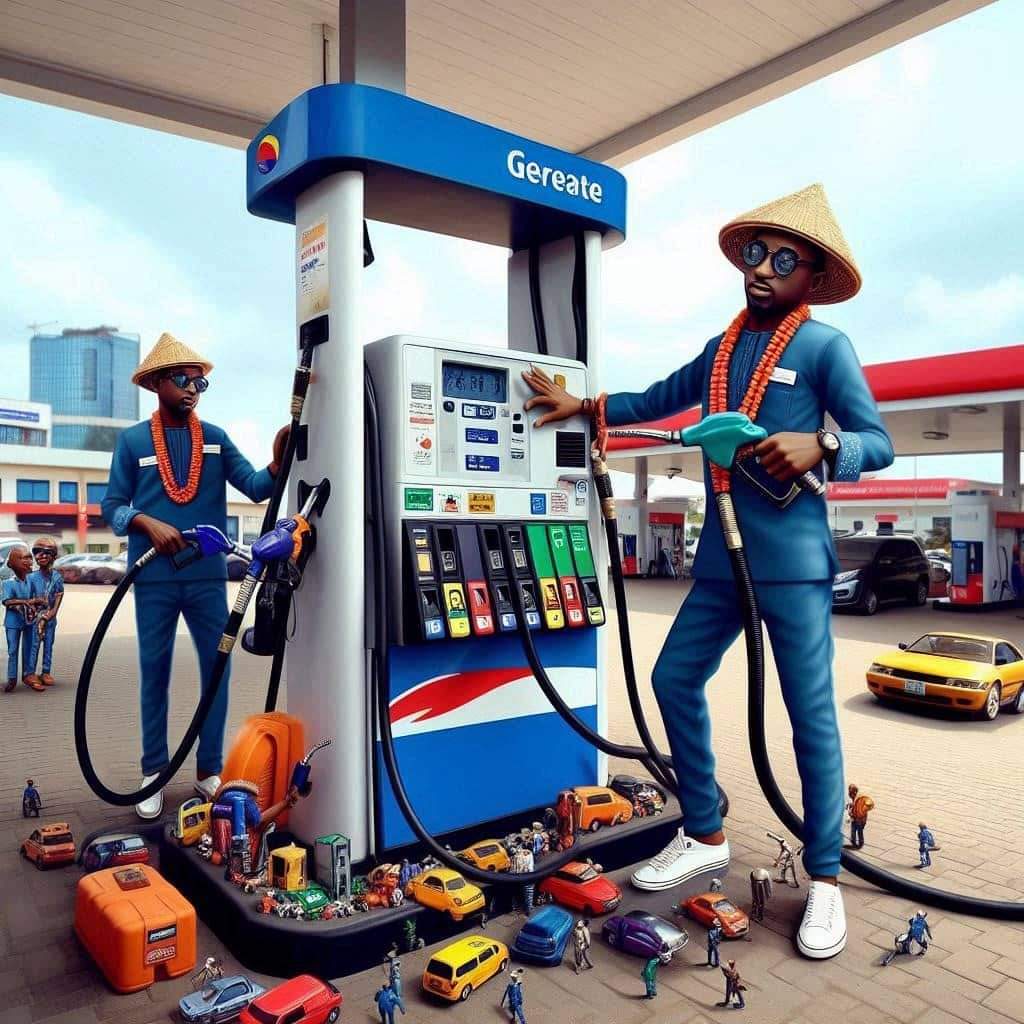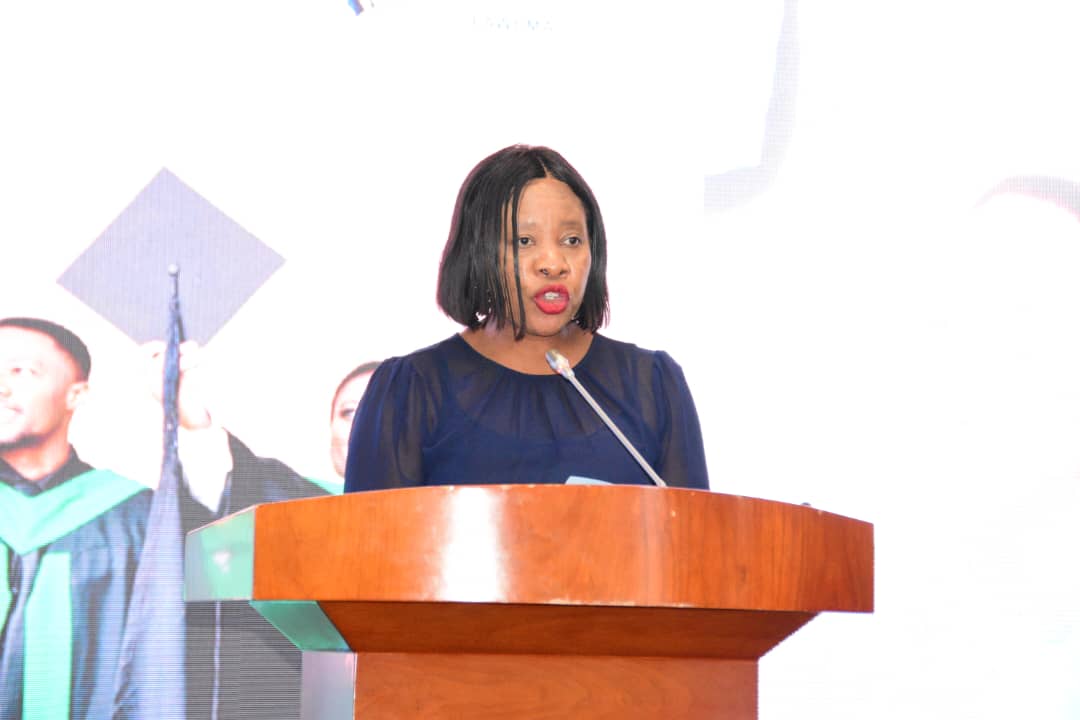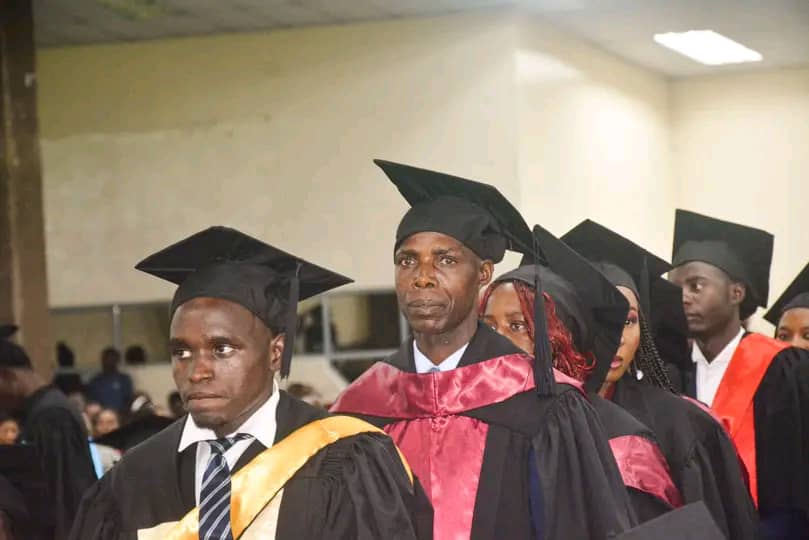BY DRAXON MALOYA
Consumers Association of Malawi (CAMA) is requesting Malawi Energy Regulatory Authority (MERA) to immediately adjust prices of fuel to avoid unnecessary impending fuel scarcities that will hurt both the consumer and the whole economy.
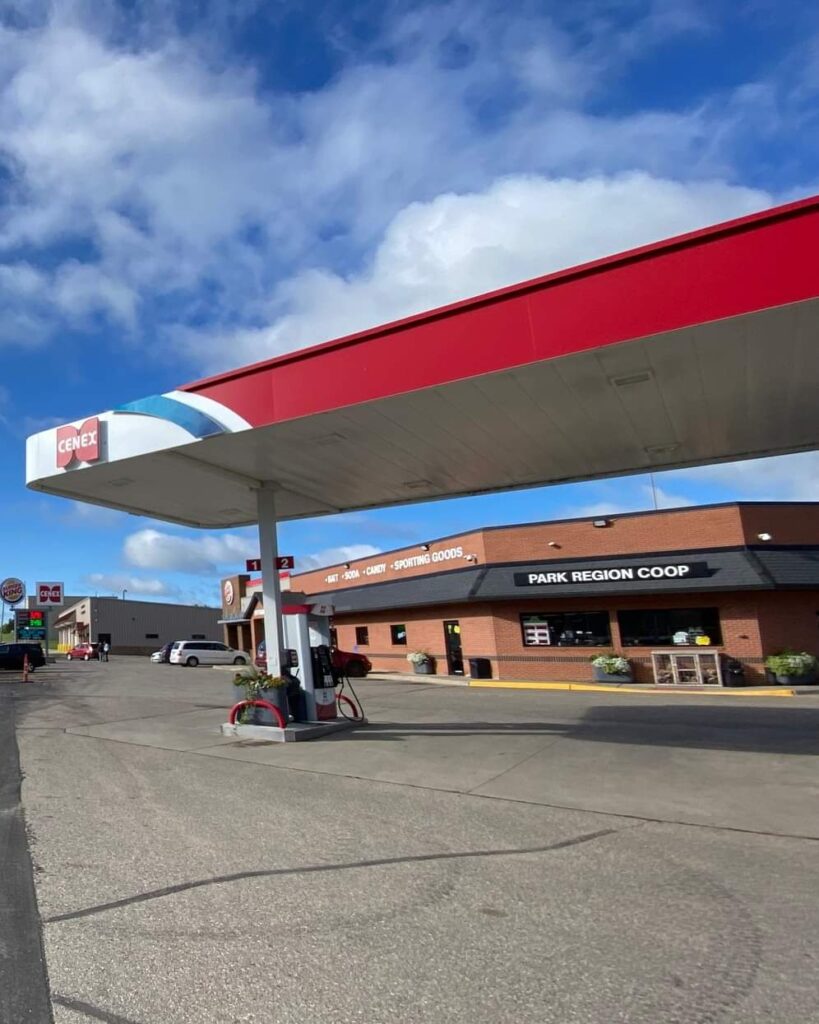
CAMA has noted that for a long time MERA has been holding the fuel price increases in the country which has resulted in the accumulation of heavy losses by the Petroleum/Oil Importers.
In a statement issued on Tuesday CAMA’s Chief Executive Officer John Kapito stated that the current losses suffered by the Petroleum importers are unsustainable and continues to challenge the importation of fuel in the country.
“CAMA is asking Malawi Energy Regulatory Authority (MERA) to immediately adjust fuel prices to ensure that they are affordable and fairly compensate the fuel importers and ensure continued supply of fuel on the market.
“Price increases of petroleum products negatively affect Consumers because of its price trigger effects on other goods and service, however, when this is weighed against the scarcity of fuel on the market and its negative effects CAMA believes that the effects of regulated higher prices are a better devil than fuel scarcities.
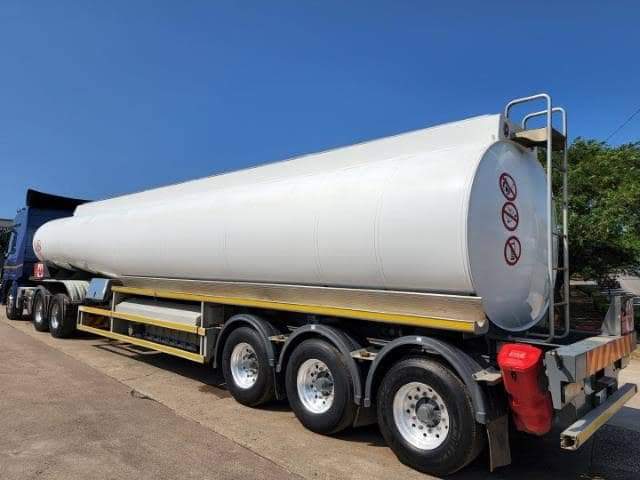
CAMA’s statement further revealed that the reasons behind the high current fuel price increase is as a result of the decision by the International Monetary Fund (IMF) to devalue the kwacha. A weaker kwacha continues to trigger price increases especially on strategic commodities like fuel,” reads part of the statement.
The consumer rights body further reminds that MERA’s mandate is to regulate and not to control prices of fuel and that prices of fuel must never be politicized its operations by maintaining its independence and refrain from creating unnecessary challenges to both consumers and fuel importer.
In previous interviews a socio-economics scholar at Catholic University, Hopkins Kawaye argued that naturally fuel prices were supposed not only to have been increased then but artificially holding them is wrong and unsustainable.
“I have a feeling, fuel prices in Malawi can be structured to avoid other costs which in turn the benefits can trickle down to the citizens. For example, why does National Oil Company of Malawi (NOCMA) sell fuel to markters on credit and yet oil markets sell to consumers on cash. In other words it is borrowing to finance marketers,” observed Kawaye.
He added stating that the country import through Beira and Dar es-Lam where markets have prices that moves with the international oil price mechanism and in United States dollars, Malawi can not manage to hold prices but to swing together with the supplier market.
“That’s why the importer is importing at higher prices and selling at low prices in Malawi resulting in heavy losses for importers who are then supposed to be compensated by MERA,” he concluded.
In its Malawi Economic Monitor for July, the World Bank observed that effective underpricing of fuel creates an implicit subsidy that is borne by the Reserve Bank of Malawi, Mera and private fuel importers who have accumulated large claims against the energy regulator.
On Tuesday, the World Bank senior economist for Malawi Jacob Engels explained that the continued under-pricing of fuel has led to the depletion of the Price Stabilisation Fund (PSF), following extended periods where government has not adjusted the pump price in line with the global price mechanism.
He said: “Not adjusting pump prices in line with global prices means MERA has to look to the government for support, continued delays in the price adjustment continue to increase arrears to importers and the effective contingent liability on the government.”
Meanwhile, the Ministry of Finance and Economic Affairs has backtracked on a commitment made to the International Monetary Fund (IMF) to raise import duty, value added-tax (VAT) and excise tax to raise the price of imported cars to the regional average to contain fuel demand.
The IMF observed that on average fuel consumption in Malawi grew on average by 7.7 percent over the past six years hence the proposed reforms could mitigated the economic fallout created by “the persistent lags in upwards revisions of fuel prices.”
Economics Association of Malawi acting president Bertha Bangara-Chikadza, in an interview with the Nation newspaper, urged the government to put on hold radical reforms on fuel pricing models until local inflation, currently at 33.6 percent, moderates to a manageable level.
“We recommend that government should only introduce these price adjustments once the foreign challenges have improved to ensure that the country is not made worse-off,” Bangara-Chikadza said.
On the proposed solutions to the fuel challenges, Bangara-Chikadza, who is also an economics lecturer at the University of Malawi conquered with Kawaye calling for investment in public transport infrastructure to reduce dependence on personal vehicles.
Ironically, government has admitted that it is failing to maintain the country’s roads because it’s fuel levy funds have run out of resources.
Responding to concerns on Tuesday from Member of Parliament for Nkhotakota North Henry Chimunthu Banda who stirred the debate on the poor condition of the country’s main and earth roads Minister of Transport and Public Works Jacob Hara confessed that almost two years now government has not been collecting fuel levy from fuel retailers arguing they are making loses from the business.

